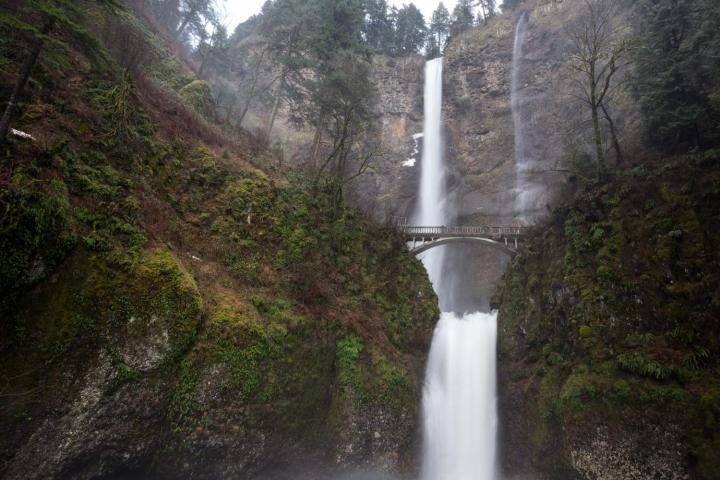
According to the USFS, “The proposal does not apply to news coverage, gathering information for a news program or documentary. However, if a project falls outside of that scope and the filming is intended to be on wilderness land, additional criteria are applied to protect wilderness values. In that case, a permit must be applied for and granted before any photography is permitted.”
“If you’re there to gather news or take recreational photographs, no permit would be required,” Tidwell says. “We take your First Amendment rights very seriously. We’re looking forward to talking with journalists and concerned citizens to help allay some of the concerns we’ve been hearing and clarify what’s covered by this proposed directive.”
The news concerns a directive the USFS has put forth that creates “permanent guidance for the evaluation of proposals for still photography and commercial filming” on USFS-governed property. Essentially, the USFS wants to establish a consistent permit procedure nationwide. The USFS says that the directive has actually already been in place for four years as a “good faith effort,” but the new ruling would make acquiring permits mandatory. This proposal will not affect visitors or recreational photographers, unless models or actors are used, or in places where photography and videography are explicitly prohibited.
Permit fees will be much lower than the original $1,500 reported by the Oregonian. Daily permits will cost $30 a day for a group up to three people, while a larger production of more than 70 people may require permits costing up to $800. The Forest Service says permits are nothing new, as it has always required them. It cites Disney’s “Lone Ranger” movie as an example of a production that obtained a permit.
We have reached out to the U.S. Forest Service for additional details.
Original story: Wildlife preservation, media censorship, money-making scheme – call it whatever you want, but the U.S. Forest Service is planning to charge photographers, videographers, and reporters for permission to take a photo or shoot a video on the 36 million acres of public land the agency oversees, if their activities are for commercial purposes, according to the Oregonian.
The decision isn’t final, as a ruling will take place in December after the public makes its comments. But it’s not just the media that’s affected: the plan is to charge everybody who captures footage on USFS property – up to $1,500 for a permit, according the Oregonian report – if they in turn use said footage for commercial gain, even if it’s a nonprofit. The ruling affects news reporters, unless they are covering breaking news (tourists and anyone shooting for personal use are exempt). It’s unclear how long the permits last, and anyone who breaks the rule could be fined up to $1,000, says USFS spokesman Larry Chambers, even if it’s an iPhone photo or video.
The reasoning for this stems from the Wilderness Act of 1964, according Liz Close, the USFS’ acting wilderness director. The Act was implemented to protect the U.S. wilderness from commercial exploitation, but Close “didn’t cite any real-life examples of why the policy is needed or what problems it’s addressing,” the Oregonian reports. Close says it’s not about problems, but responsibility of protecting the preserves.
Related: FAA green lights commercial drone use for movie and TV companies
Naturally, people are crying foul, pointing to First Amendment right of the freedom of the press. “It’s pretty clearly unconstitutional,” Gregg Leslie, legal defense director at the Reporters Committee for Freedom of the Press in Alexandria, Va., told the Oregonian. “They would have to show an important need to justify these limits, and they just can’t.”
It’s unclear how the agency plans to enforce this ruling, but U.S. Senator Ron Wyden of Oregon said that the USFS needs to approach this cautiously, especially with the increase use of smartphones.
“The Forest Service needs to rethink any policy that subjects noncommercial photographs and recordings to a burdensome permitting process for something as simple as taking a picture with a cell phone,” Wyden said. “Especially where reporters and bloggers are concerned, this policy raises troubling questions about inappropriate government limits on activity clearly protected by the First Amendment.”
Close’s response to First Amendment advocates is that its ruling does not prohibit breaking news.
Rules for photographing or video recording on private property are clear: you need to attain permission. However, given that the USFS governs public land, it’d be interesting to see if the basis for the ruling has any merit. But such rules are not unheard of: Back in June, the National Park Service banned the use of drones.


